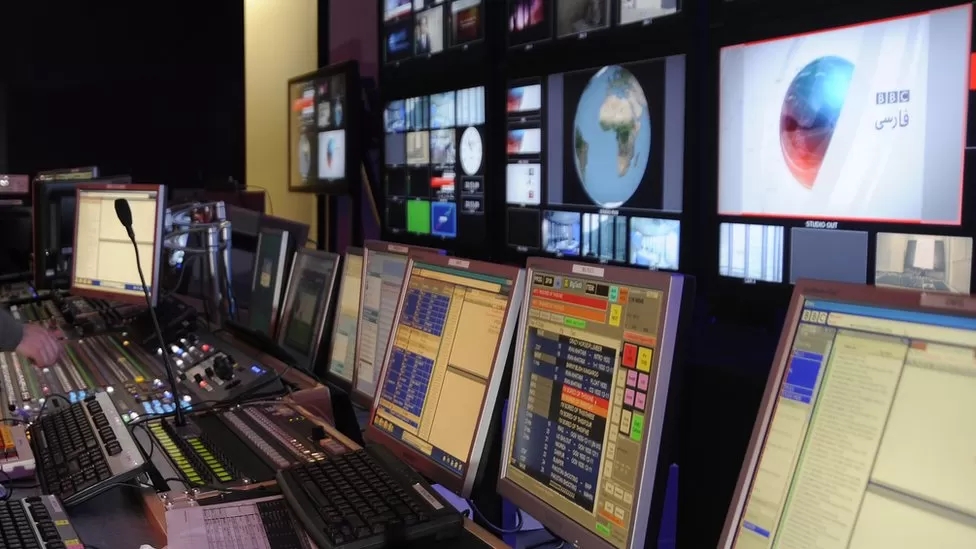The Gulf is known for many things, but a controversial media isn’t one of them. The region’s media are known for not causing a stir, and for generally towing the line. There are exceptions – some local, Arabic-language radio stations in the Gulf host phone-in shows. One of them didn’t go so well. Here’s the story from The National newspaper.
It was a call for help from a man who couldn’t afford to provide for his family that was cruelly batted down by a prominent radio host.
But in the 24-hours that followed, Ali Al Mazrouei witnessed a justice of sorts when the radio jockey was suspended and his plight was heard in person by the leaders of the country.
The 56-year-old, a father of nine, spoke of his struggle to get by on a relatively low salary and a large family.
When he phoned Ajman Radio’s morning talk show Al Rabia Wal Nas on Thursday, he tried to highlight what rising living costs meant for families like his.
“The expensive prices are a big problem; everything is too expensive, including fuel, and the income is low,” he said.
“We want to provide for our children but we can’t buy anything; when one cannot make his children happy what is the point of living?”
When he spoke of inflation and the cost of basic goods, the show’s co-host Yaqoub Al Awadhi interrupted him to say there “there are retired people whose salaries are Dh10,000 and even used to be Dh7,000″ before the government raised payments.
The anchor went on to suggest that someone who could not live on that amount must have poor skills in managing finances and does not appreciate what he has.
Mr Al Mazrouei responded to say he does not spend money on anything other than his basic needs…
“We want to do good, when we see someone like us, we pray for him and we try to help when we find someone poor like us,” he said.
The radio host replied: “Don’t give anyone anything, just hold your tongue.”
“I don’t accept that you defame my country and say the people are all suffering.
“The salary you receive is from where? Where do you feed your children from? This all doesn’t deserve gratitude?”.
Mr Al Mazrouei responded that “I am an original national of this country, I am a Mazrouei,” as the host started to mumble, “where did you appear in front of me now from?” an expression in Arabic indicating an unpleasant encounter with someone.
The ill-tempered exchange continued for some time.
When news of the argument reached Sheikh Ammar bin Humaid Al Nuaimi, Crown Prince of Ajman, he ordered the suspension of host Yaqoub Al Awadhi.
On Tuesday, Mr Al Mazrouei was received by the Crown Prince and the Ruler of Ajman, Sheikh Humaid bin Rashid Al Nuaimi, while Sheikh Mohammed bin Rashid, Vice President and Ruler of Dubai, ordered that his situation be looked at immediately and his family helped.
Speaking to The National, the father-of-nine said: “This was the first time that I decided to raise this issue, because life was starting to close its doors in our faces. Instead of just worrying in vain every day I decided to take a proactive step.”
He said he does not want the host to lose his job.
“He jumped from topic to topic [when attacking me], it was so strange, but I say, may Allah guide him.
The second incident comes from Saudi, where a presenter on Bidaya TV told one of his guests live on air that his father had died (the video is below). The reaction was universal condemnation online, with a campaign that criticized the station for manipulating emotions for ratings. BBC Arabic has a full report on the story (it’s in Arabic, of course). A number of the station’s employees were suspended.
There’s been a great deal of change in the Gulf’s media over the past year. Is this an example of the change in sentiment which readers may feel on political issues seeping into other parts of the media? I’m not sure. But it cannot be coincidence for two events to happen in such a short space of time in a region which rarely sees such incidents.
As always, I welcome your thoughts.


